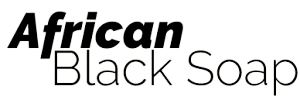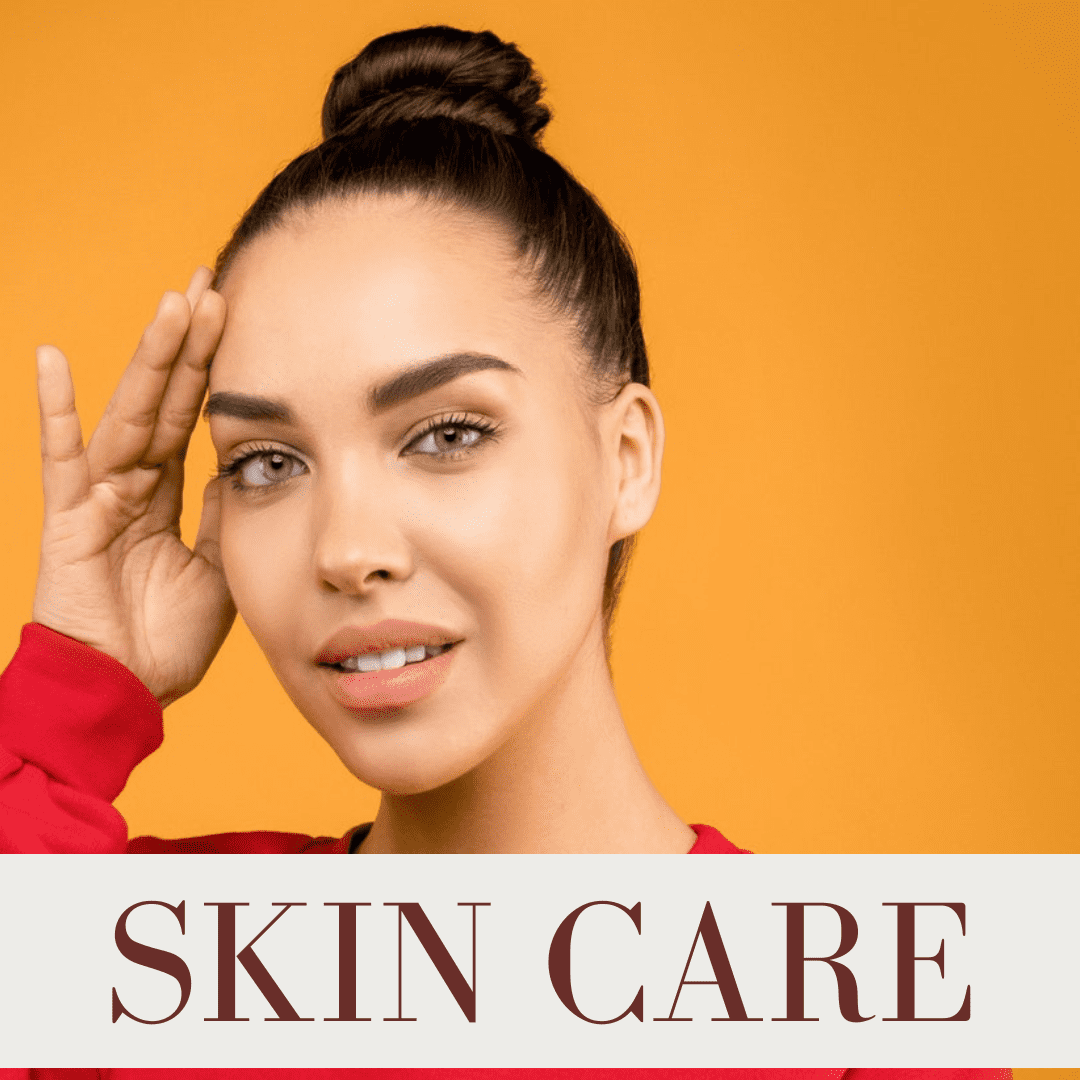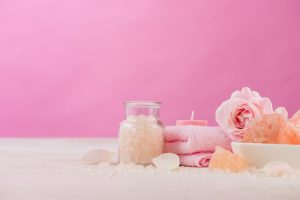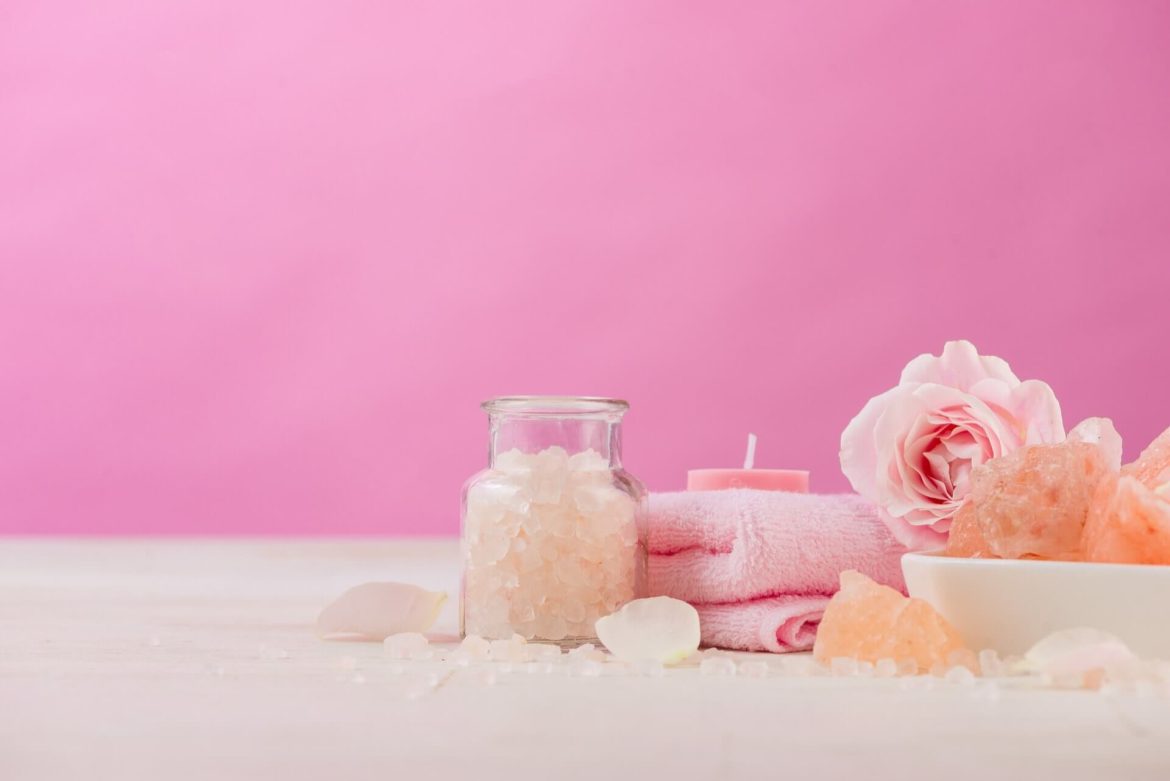What is African black soap
African black soap is a natural soap made from palm oil. Palm oil is the main ingredient in soap making and it’s used because it has a high melting point and can be easily refined into soap. African black soap is produced by combining palm oil with other oils such as coconut, castor bean, tallow (beef fat) and lard. These oils are mixed together until they form a solid substance that resembles dark chocolate – hence its name. It has been used for generations by native Africans for bathing purposes as it removes dirt effectively without stripping the skin of essential oils. The process of making African Black Soap starts with grinding up the fats and oils into smaller pieces. The fats and oils are then heated in large kettles over open fires or in solar hot water ovens to achieve temperatures above 100°C (212°F). This process causes the fats to undergo esterification which produces fatty acids known as triglycerides. The fatty acids produced react with each other forming ester bonds that link together so they can no longer separate back out again as individual fatty acid molecules. This means they become more solid and much harder to break apart than they were before being heated. When this solidified liquid fat mixture is called “fatty extract”, it contains mostly triglycerides but also some monoglycerides and diglycerides too.
Use case:
African black soap is used as a cleanser, a treatment for acne and sebaceous glands, and to help reduce wrinkles and dandruff. The soap’s therapeutic benefits stem from its high saponification value that allows it to be very effective at drawing out toxins from the skin. In fact, it has been shown in clinical trials that African black soap can reduce acne by as much as 96 percent. One study conducted by the University of São Paulo showed African black soap was an effective treatment for those suffering from eczema.
What are the benefits of African black soap
The benefits of African black soap include the fact that it is a natural, organic and handmade product. For example, it is made from palm oil which has a high melting point and can easily be refined into soap. Palm oil also contains an essential fatty acid called oleic acid which is good for your skin. It also has vitamins A, E and D that nourish and strengthen your skin. Furthermore, it’s often used in facials or body scrubs to remove dead skin cells before being washed off with water or toner so you get a smoother skin texture. So, not only does African black soap help your skin look better on the outside but it helps make your skin healthier too!
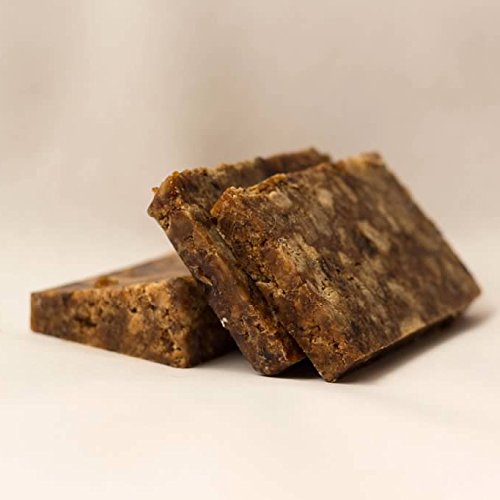
Choosing the best African black soap
African black soap is made primarily of palm oil and other oils. It also contains many natural substances like pure water, potassium hydroxide, sodium hydroxide, sodium chloride, sodium bicarbonate, lye and a small amount of preservative. The ingredients that make up African black soap are mild enough for those with sensitive skin. They will not cause irritation or redness because they are not abrasive or irritating in any way. It’s important to note that the pH level of this product is between 5-6 which is considered neutral. As its name suggests African black soap is often used as a cleansing agent for people with dark skin tones because it helps remove dirt from their skin without stripping essential oils from their skin. In addition to being gentle on the skin, African black soap has a soothing effect on the body due to its moisturizing components like shea butter and glycerin soaps. It also includes oatmeal which can help soothe irritated skin and a small percentage of active carbon granules which gives it an extra cleaning power when used as a cleanser or scrub.
African black soap cons
Some people prefer African black soap because it has a natural, all-natural and skincare benefits. It can be used on your face, body, hair and even the inside of your car’s engine. African black soap also has an anti-bacterial effect because it has ingredients like tea tree oil, which is a natural antiseptic. Unfortunately, some people have suffered from allergic reactions to the ingredients in African black soap, which causes skin to itch or gives them rashes. Some people who have tried it have found that they don’t produce enough suds when using it while others find that their skin becomes dry after using it. It is important to note that there are other soaps that offer similar benefits but do not contain any harmful ingredients like palm oil. There are many alternatives to this kind of soap so you can try different brands like Dr Bronner’s for example. Another option is to use coconut oil instead of palm oil as palm oil does not always stay solid at room temperature – coconut oil does and can make a harder bar of soap.
African Black Soap Brands
Nubian Heritage, African Black Bar Soap
Nubian Heritage, African Black Bar Soap is made with a blend of palm oil, coconut oil, castor bean oil, tallow/beef fat and lard. These oils are mixed together until they form a solid substance that resembles dark chocolate – hence its name. This natural soap is produced by the process of combining these oils until they form a solid substance that resembles dark chocolate – hence its name. It has been used for generations by native Africans for bathing purposes as it removes dirt effectively without stripping the skin of essential oils.
Authentic African Black Soap Bar – Unscented – Alaffia
Get the authentic African black soap bar that’s made with raw, organic and fair-trade palm oil that’s sustainably harvested. Shop for this natural, unscented soap at Alaffia.
The benefits of advertising on Facebook are that it provides a way for you to target your ideal audience, it increases brand awareness and helps grow your business.
100% Natural African Black Soap
The final step of the process is to filter out the solidified fat mixture, leaving only pure liquid soap. This liquid soap is then poured into moulds that have been lined with a mixture of bentonite and clay to create a hard surface on which the liquid soap can stick. The liquid soap sticks to the surface because it has absorbed some of the clay, which causes it to form an alkaline salt called soapstone. By using this traditional method with minimal ingredients, African black soap products are 100% natural and are suitable for anyone who wants a natural and healthy cleanse without any harmful chemicals or additives.
African black soap for face
African black soap is perfect for the face as it effectively removes dirt and oil from the skin without stripping the skin of its natural oils. The fats in African black soap bind to sebum and dirt that can clog pores which prevents them from getting oxygen, making them inflamed and infected. This causes bumps, breakouts, acne and other problems like enlarged pores. One way to use African black soap for your face is to give yourself a light scrub before you shower. Apply a small amount of water-based liquid soap on your hands and fingers, then scrub the mixture gently over your face using upward strokes. Take care not to rub too hard or you’ll lose some of the beneficial natural ingredients that make up this soap including antioxidants called anthocyanins which help prevent free radical damage to cells and DNA.
African white soap vs black soap?
A soap is a mixture of water and oils, usually around 20% water to 80% oil. African black soap has a higher fatty extract percentage than traditional soap because it contains more fats. This means it will be harder for the oils to separate back out again as individual molecules: they are in a solidified liquid state. A traditional soap will have lower percentages of fatty extract which makes it easier for the oils to separate back out again.
African black soap is typically used in liquid form or as a bar of soap. It can also be made into soaps with added essential oils and fragrances. The essential oils in this type of soap help provide anti-bacterial and anti-viral properties that can kill acne-causing bacteria and viruses, such as Propionibacterium acnes (P. acnes).
Does black soap have side effects ?
Some side effects of using African black soap may be skin irritation and itching which is usually caused by the presence of sodium hydroxide or lye in the soap. This can be avoided by adding a little extra virgin olive oil to your mix. Another potential side effect is that people who use the soap may develop a phobia of cold water because it will cause a tingling sensation when they wash their hair or body with it.
FAQs
What are the natural ingredients in African black soap?
African black soap is simply made by combining palm oil with other oils such as coconut, castor bean, tallow (beef fat), and lard. These oils are mixed together until they form a solid substance that resembles dark chocolate – hence its name. This soap has been used for generations by native Africans for bathing purposes because it removes dirt effectively, without stripping the skin of essential oils.
How do you use African black soap
There are a variety of ways to use African black soap. One way is to make it into a pure soap bar by melting soap and mixing it with water. Another way is to add the soap to a mixture of oil and water. Much like you would with regular soaps, you can add African black soaps to the bath or shower for cleaning purposes. The most popular way of using African black soap is in a face mask. You can combine the soap with ingredients such as tea tree oil or honey, and use the mixture as a facial mask. It helps clean your skin while offering anti-bacterial and anti-fungal properties.
